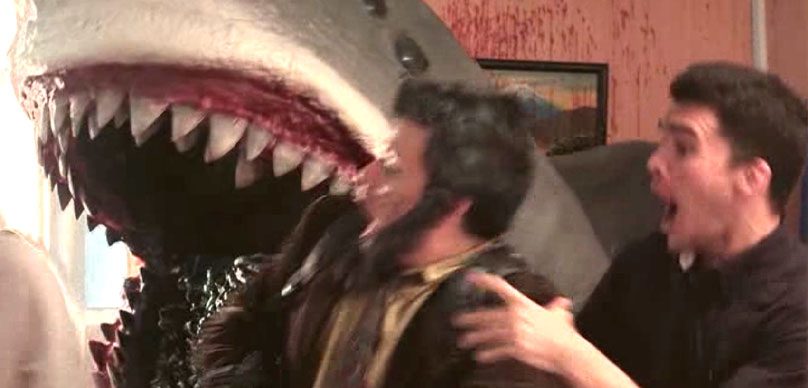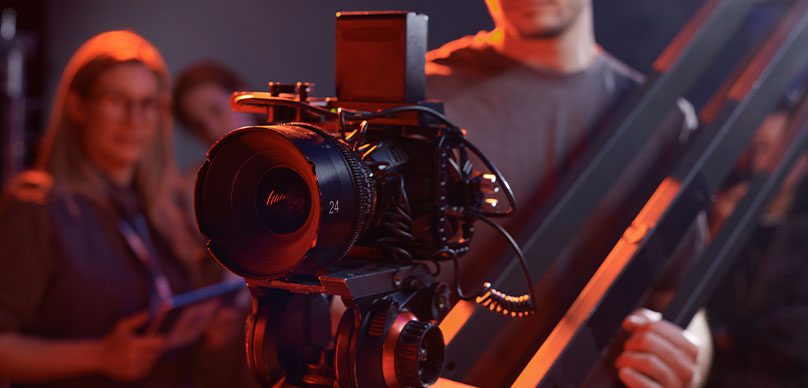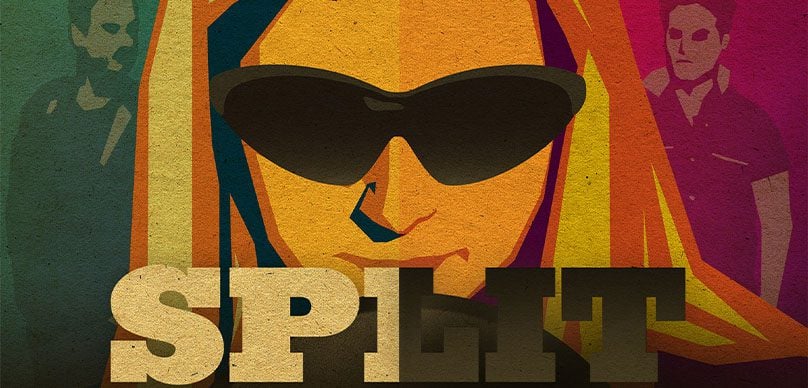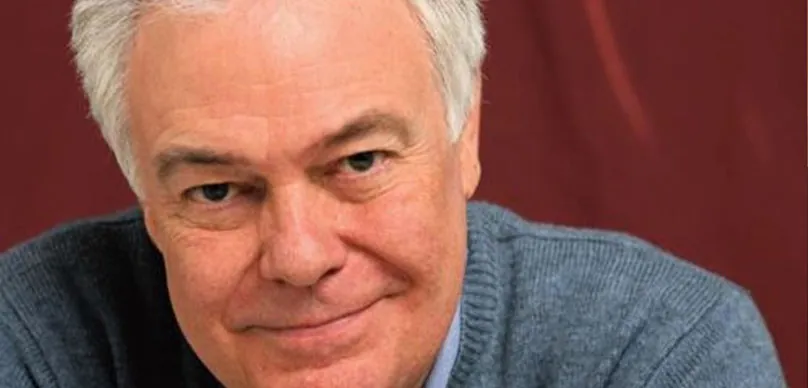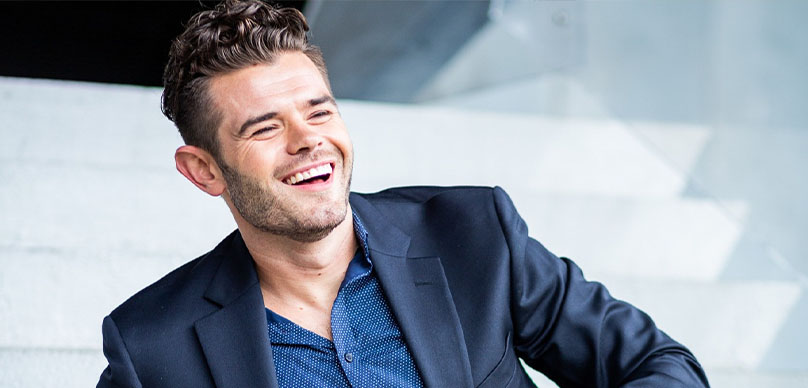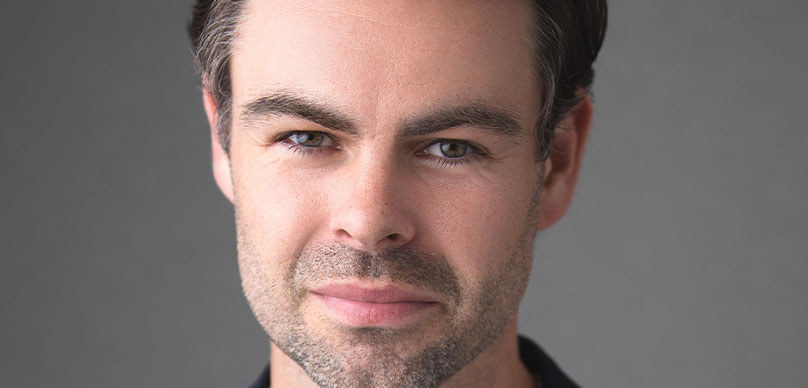Somewhere in the back alleys of the American dream, between the flicker of VHS static and the roar of midnight creature features, there exists a filmmaker with a toothy vision. On today’s episode, we welcome Ron Bonk, a self-taught indie film warrior who carved his way out of the antiquing business and into the bleeding heart of low-budget cinema.
Ron Bonk is a filmmaker and founder of SRS Cinema, best known for his cult horror-comedy “House Shark,” a film that quite literally brings the predator home.
In this raw and unfiltered conversation, we dive through the celluloid splinters of Ron’s journey, from borrowing camcorders at community college to orchestrating gore-laced dreamscapes in his own home. With the candor of a man who’s fought a hundred cinematic battles and still wakes up smiling, Ron recounts the moment he knew filmmaking wasn’t just a hobby—it was his spiritual vocation. He speaks of camcorders as if they were holy relics, and each low-budget shoot like a shamanic rite of passage. “I had to wear all the hats,” he admits, recalling 18-hour days of lighting, directing, and sometimes even serving the food. There’s a beautiful madness to that kind of devotion.
But what separates Ron from the common herd of content creators is his monk-like surrender to the calling. This is a man who would rather tell the story in his bones than chase distribution deals. When others sold out to weekend wedding shoots and corporate gigs, Ron stayed the course, even launching his own distribution company just to make sure his movies—and others like them—had a place to live. His filmmaking compass always pointed toward the misfit, the grotesque, the beautiful weird. “The idea was: how can I make something that’s mine, and still feed my kids?” he says, with a smile you can almost hear.
And then came “House Shark.” Born not in a boardroom or a script lab, but from the sound of ice cracking on his roof during a harsh Syracuse winter. Where some might see inconvenience, Ron saw inspiration. “Shark in a house,” he thought. And just like that, the impossible was made possible. The film is more than just a hilarious genre-bending monster romp—it’s a testament to what happens when you embrace your constraints and alchemize them into pure creative gold. He shot most of it in his own home, because he could control the space, the light, the chaos. The film became a sandbox of invention, a love letter to every filmmaker who ever asked, “What if?”
Ron’s journey also offers a cautionary tale cloaked in encouragement. He warns of the seductive pull of “safe” creative paths—weddings, commercials, and gigs that pay the rent but starve the soul. Yet he understands the temptation. “It’s easier said than done,” he acknowledges, “but you’ll blink and ten years have passed, and that movie you wanted to make is still sitting in your drawer.”
Throughout it all, there’s a recurring motif: the indie filmmaker as a sacred trickster. Whether telling the cops he’s shooting a student film or designing perks for an Indiegogo campaign that just barely breaks even, Ron adapts, survives, evolves. He speaks not just for himself, but for a whole tribe of underdog storytellers chasing celluloid ghosts across their living room floors.

